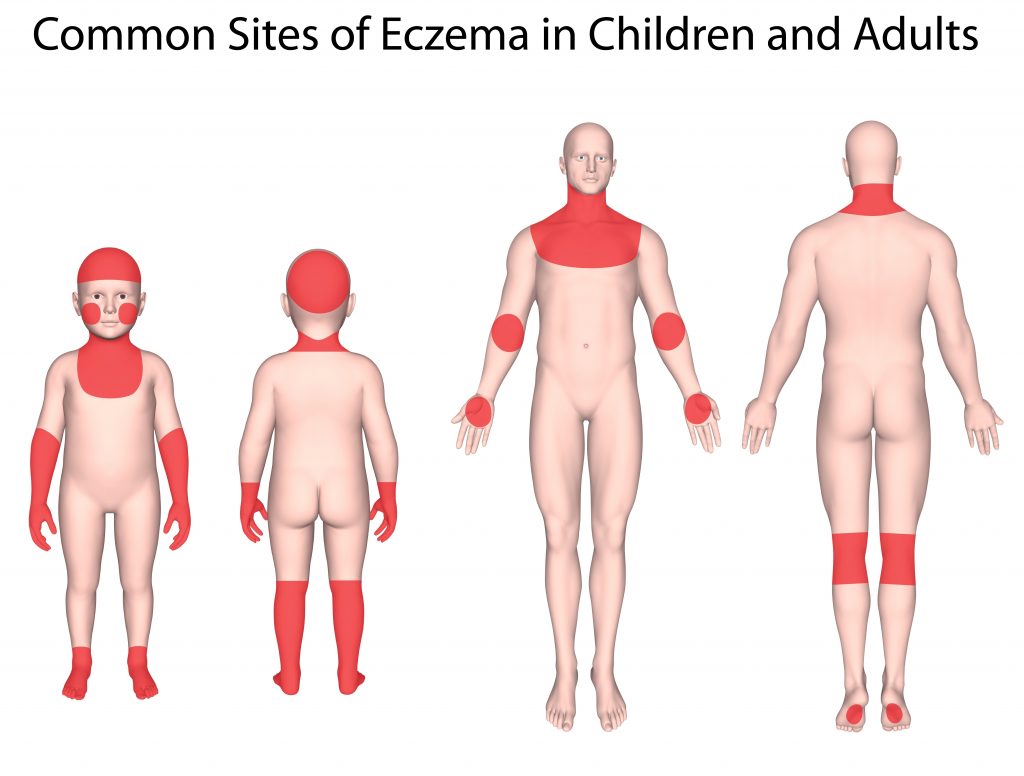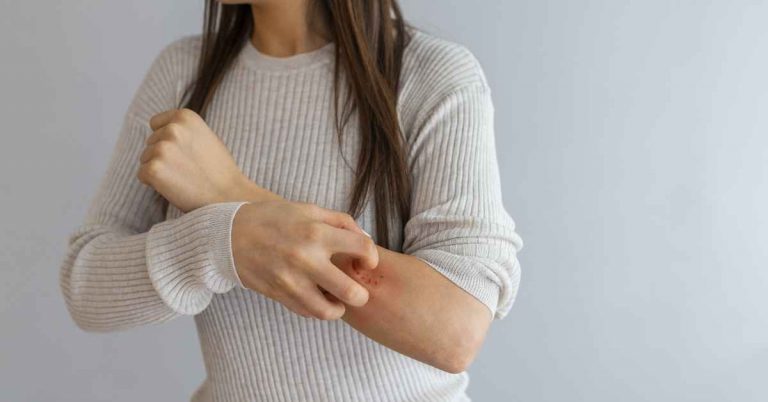Tips To Stop Itching Eczema
Eczema is an umbrella term for several non-contagious skin conditions that cause dry, itchy skin that may be prone to infection. It’s believed that the condition is caused by an overactive immune response to environmental triggers, leading to inflammation and itching.
Itchy skin is the most common and burdensome symptom of eczema, both physically and emotionally. An important, albeit difficult, part of managing what is also known as atopic dermatitis (AD), is resisting the urge to scratch that itch.
Itching is a constant, frustrating, and uncomfortable issue for many people with eczema and can affect mental health. Taking steps to limit itching and scratching can be important for keeping eczema under control and soothing the skin. Keep your skin moisturized with non-allergic skin creams.
What are eczema flare-ups
Your skin is extra sensitive. Products with perfumes, alcohol, and other chemical additives may be irritating. Environmental chemicals, such as cleansers, perfumes, soaps, and lotions, can irritate sensitive skin, trigger eczema flares, or exacerbate itchiness. Allergens such as dust mites and pet dander are also often triggers for flare-ups.
Tips to avoid flare ups
● Use skin cleansers, creams, and soaps that have low pH.
● Avoid clothing made from synthetic materials and wool (which is known to cause itchiness). Try to wear soft, breathable, natural fabrics next to your skin.
● Be mindful of where you sit when your arms and legs are bare. Avoid grass, plastic chairs, and rough carpet or upholstery.
The National Eczema Association’s (NEA) Seal of Acceptance is a helpful resource for people with sensitive skin. Check the ingredients in your products against the products and ingredients recommended by their program.
It’s important to be aware of when a skin flare-up is not eczema. For instance, shingles have symptoms similar to eczema but require specific treatments, like these convenient shingles home remedies to target it more effectively. If your symptoms differ over time, it’s worth considering that you may need to treat it differently too.
Tips to resist the urge to scratch
The urge to scratch can feel impossible to resist at times, even if you do your best to avoid triggers and flare-ups. It’s critical that you do your best not to scratch that itch to avoid worsening symptoms. If your itching becomes unbearable, try some of these alternatives to scratching to reduce the risk of breaking the skin:
● Pinch or pat the itchy skin.
● Apply ice or an ice pack to the itchy area.
● Distract yourself with an alternative activity that keeps your hands busy.
● Dilute some apple cider vinegar and use it as a cold compress.

You may be at increased risk of developing skin infections from scratching. Scratching can break the skin (the body’s protective layer) and allow dirt, bacteria, and irritants to enter the skin more easily, making itching worse and leading to more scratching.
Over time, excessive scratching can lead to further complications such as neurodermatitis or lichenification, in which the affected skin becomes discolored, thick, and leathery.
Scratching also increases your risk of developing eczema scars, either through broken skin or lichenification.
Moisturize dry skin
Dry skin can become brittle, scaly, rough, or tight, which can lead to an eczema flare. Restoring moisture to the skin barrier is one of the most effective treatments for itchy eczema skin. Try to moisturize often throughout the day, using a thick ointment or cream that contains ceramides. Adding wet wrap therapy to your skin-care regimen after you bathe may also help. By Nyaka Mwanza
More Health Articles To Read
4 Tips To Stop Hair Loss And Stress
Medication-Assisted Treatment For Long Term Recovery





















